At Potomac Falls Music we are passionate about teaching music for so many reasons! There are countless rewards and benefits of music education, so we thought we would narrow it down to just a few!
BENEFITS
Enhanced Cognitive Development
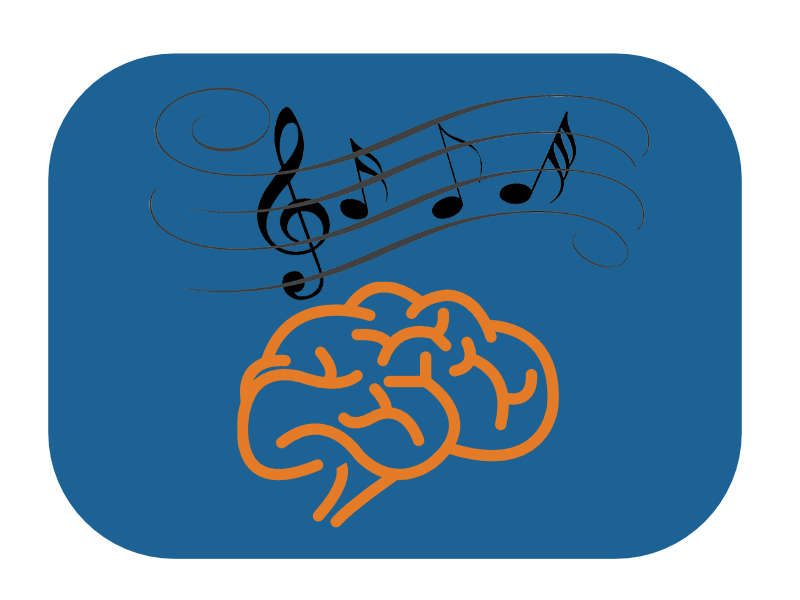
Studies are showing that musicians have larger and more active brains! What? Really? Yes! In fact, the impacts of learning to play an instrument have massive implications for cognitive development, both in early childhood (prior to age 8) and also, in older brains, helping to stave off the negative impacts of age-related hearing loss (1) and other declines in brain activity, particularly the memory and language centers! This explains how patients with dementia and Alzheimer’s who may not be able to recognize their family members, can still recall how to play their favorite tune on the piano! (2)
Let’s start with the claim that musicians have larger and more active brains. The brain is a pretty complex subject, so we will keep this simple – after all we are musicians, not experts in neuropathy. The corpus callosum is a complex band of fibers that connects the left and right hemispheres of the brain. Studies have shown that this area is larger in musicians, which makes a lot of sense to us! It takes a lot of training to learn how to play keyboard or piano with both hands playing different rhythms and melodies. Also imagine how hard one’s brain is working to play an instrument like drum kit, where all four limbs are involved in independent movements! The great news is that once you go through the initial effort, musical training sticks with you! We often refer to it casually as “muscle memory” and as it turns out, the area of the brain that processes memory is especially active in musicians. (3)
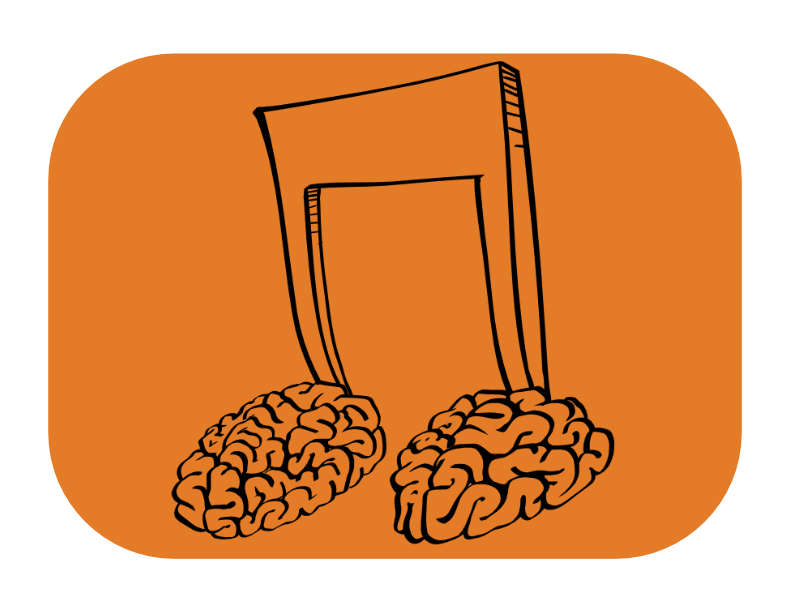
In addition to the corpus callosum, learning music also has powerful impacts on the temporal lobe of the brain. This is where we process language. Apparently, the temporal lobe spans over both hemispheres of the brain, words are processed in the left hemisphere, while music and sounds are processed in the right hemisphere. The auditory cortex is located in the temporal lobe of the brain. Studies have shown that the auditory cortex is more than 100% more active in professional, regularly performing musicians! (4). The coolest thing about this tidbit of info, is really what it implies for early childhood development. We already know that children who are exposed to more than one language before the age of 8, have a much easier time developing multi-lingual ability. What is amazing here is that even just 14 months of music education before the age of 8 can have positive impacts of the size, and structure of the brain. Learning to play a musical instrument can also have positive impacts on verbal memory (I sometimes wonder if my brain isn’t mostly filled with song lyrics). Add to that musical learning also positively impacts spatial reasoning and literacy skills. (5).
There is very strong evidence that learning a musical instrument is an awesome thing to do for your brain, regardless of age, performance goals, or professional interest! Furthermore, even if a child does not go on to study music in adult life or pursue music professionally, the positive impacts on cognitive development are hard to deny!
Therapeutic Stress Relief
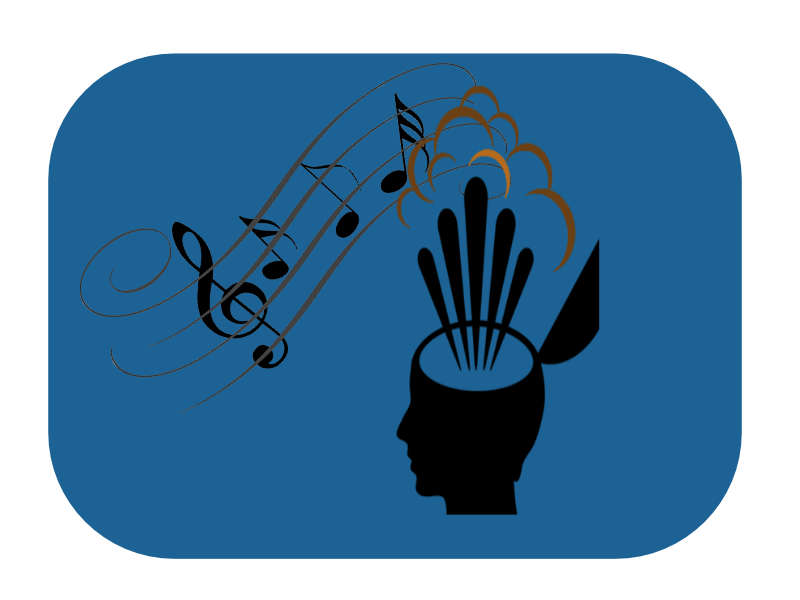
We all understand how listening to music can impact our mood, but did you know that the actual act of practicing music has been proven to have a positive impact on stress levels, anxiety, and depression? Practicing music can help us to focus, learn to self soothe, and boost mood enhancing chemicals in the brain such as dopamine! Playing music has also been linked to lowering cortisol levels (AKA stress hormones).
In our experience teaching music throughout the pandemic, we have found great reprieve in our personal practice regimes, and have also witnessed the positive impacts on our students. We are all under stressful conditions in one way or another these days, so why not learn how to play a musical instrument to help relieve stress and help to manage symptoms of anxiety and depression?
REWARDS
Confidence and Accomplishment
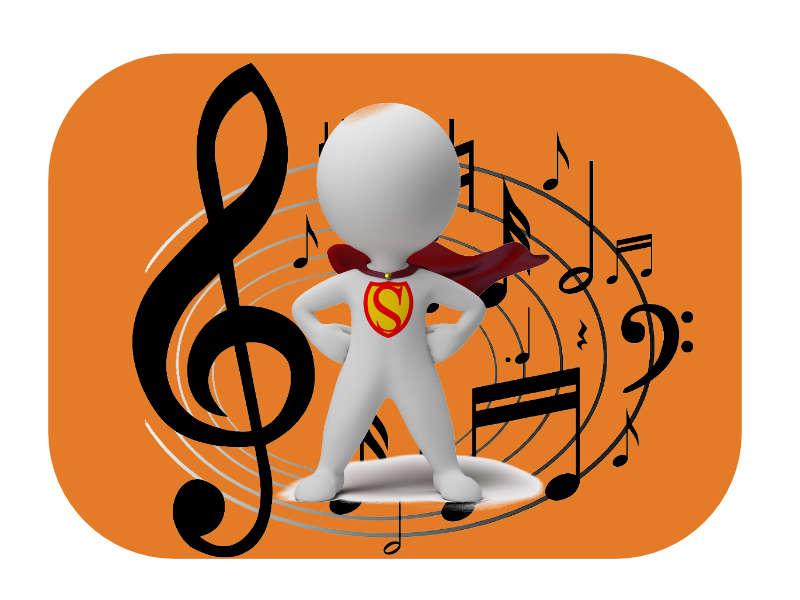
Learning music helps to build confidence. New beginners often have to work through a bit of doubt at first, but the feeling that comes after all that hard work and perseverance is so worth the effort! Whether it’s the excitement of reading and playing through a piece of music for the first time, or the rush that comes after a live performance, learning music can have a positive impact on self-esteem.
In addition, studies show that young students who are learning to play an instrument have higher levels of academic achievement. While it is difficult to pin-point if this also has something to do with conducive learning environments at home and overall parental involvement and support, there is increasing evidence that music education helps to bolster academic achievement.
Self-Expression and emotional intelligence
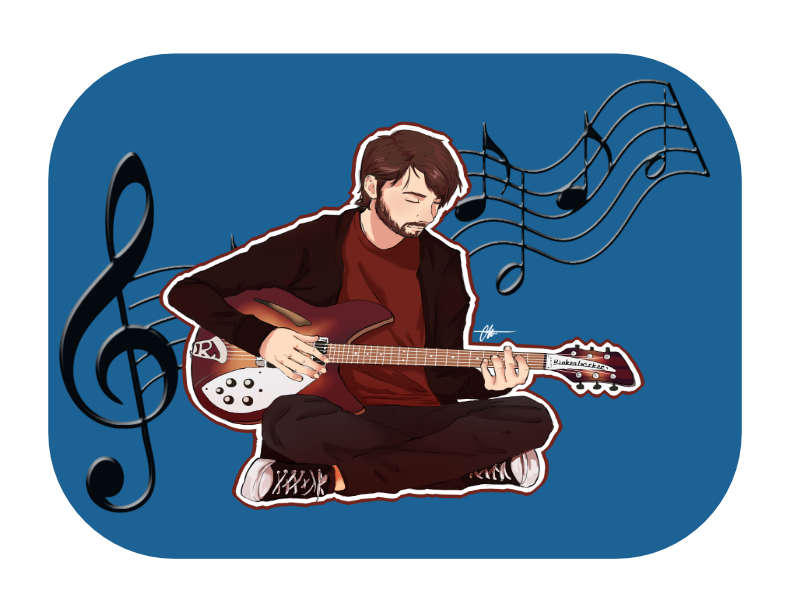
Playing music is one of the most powerful ways for us humans to communicate emotions. When we pour our feelings into what we are playing, it not only is a cathartic release for the person playing the music, but has a powerful impact on the listener as well. I’m sure almost everyone can think of a time that music either moved them to tears, or excited them into a desire to dance (perhaps while no one is watching). Either way, music in a sense is the language of emotion and it turns out this is a universal truth across cultures. (6)
Children who are learning to play music tend to be more emotionally developed and also have a stronger capacity towards empathy. This is especially the case when learning to play with others as a group. But even if learning music is a solo mission, it can certainly help to provide a tool for self-expression and emotional release.
Conclusion
There are far more positive benefits and rewards of music education then we listed here, but this is a pretty great start! The cognitive and therapeutic benefits alone can help to remind us why music must remain a part of our educational programs. And of course, the rewards of increased confidence and enhanced self-expression can help us all make steps towards a more balanced life in general. In summary there are so many reasons to learn to play an instrument, that it is difficult to find a good reason not to! We at Potomac Falls Music continue to offer aspiring musicians the necessary skills and tutelage to enjoy the rewards and benefit
Written by Ashley Cash, owner and music instructor at Potomac Falls Music
SOURCES
(1) The Benefits of Playing Music Help Your Brain more Than Any Other Activity by John Rampton
(2) Your Brain on Music – University of Central Florida
(3) Music Moves Brain to Pay Attention – Stanford University
(4) Heidelberg University Study
(5) Musical Training Helps Language Processing – Lisa Trei – Stanford University
(6) Music Induces Universal Emotion Related Psychophysiological Responses